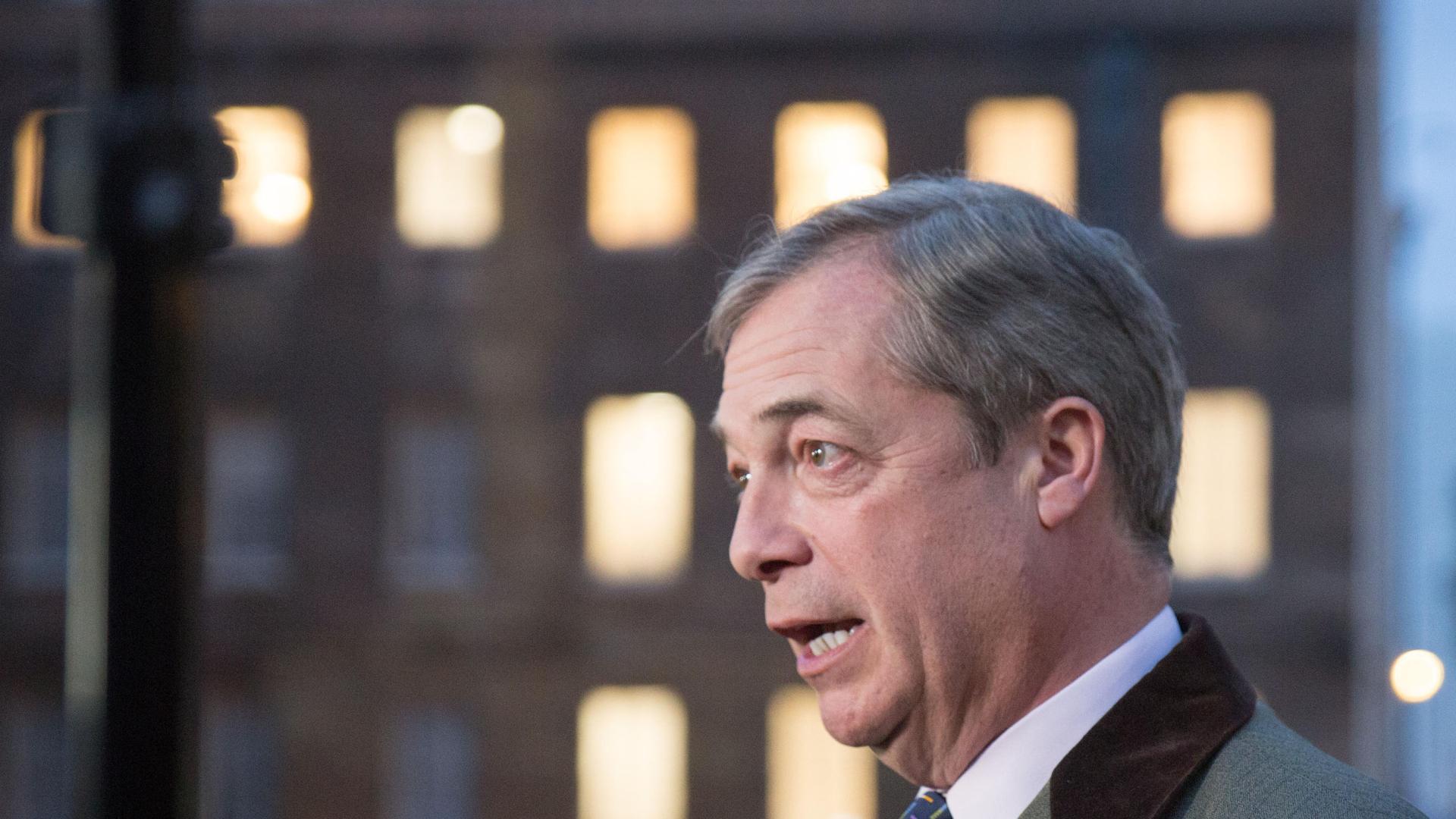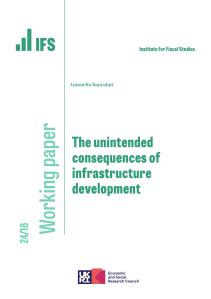Carl Emmerson, deputy director at the Institute for Fiscal Studies, said: “Reform UK proposes tax cuts that it estimates would cost nearly £90 billion per year, and spending increases of £50 billion per year. It claims that it would pay for these through £150 billion per year of reductions in other spending, covering public services, debt interest and working-age benefits.
This would represent a big cut to the size of the state. Regardless of the pros and cons of shrinking the state, or of any of their specific measures, the package as a whole is problematic. Spending reductions would save less than stated, and the tax cuts would cost more than stated, by a margin of tens of billions of pounds per year. Meanwhile the spending increases would cost more than stated if they are to achieve their objectives.
A reduction in tax of £90 billion a year, while sizeable, would still see tax revenues higher as a share of the economy than in 2019–20. But in reality the package of tax cuts proposed would, if and when fully implemented, cost tens of billions of pounds a year more than that. For example, Reform UK plans to cut the rate of corporation tax from 25% to 20% immediately, and then to 15% in year 3 of the parliament. The manifesto costing of £18 billion a year over the course of the next parliament for all its business tax cuts is less than half of what official estimates suggest the long-run cost of just this cut in the corporation tax rate to 15% would be.
Of the proposed spending increases, the largest is for the NHS (£17 billion per year). However, this would not be nearly enough to meet Reform’s incredibly ambitious commitment to eliminate waiting lists within two years. Eliminating the waiting list entirely is a feat that has not been achieved in the history of the NHS and seems near impossible within two years.
The cost-saving measures would save less than set out. There is a respectable argument for changing the extent to which the Bank of England pays interest to commercial banks, and indeed some other central banks don’t pay interest on all the reserves they hold. But whether a good idea or not, it would raise a lot less than £35 billion per year. Reform also propose to reduce “wasteful” spending by £50 billion per year across all government departments, quangos and commissions. But saving this sum would require much more than a crackdown on waste; it would almost certainly require substantial cuts to the quantity or quality of public services.
Even with the extremely optimistic assumptions about how much economic growth would increase, the sums in this manifesto do not add up. Whilst Reform’s manifesto gives a clear sense of priority, a government could only implement parts of this package, or would need to find other ways to help pay for it, which would mean losers not specified.”












